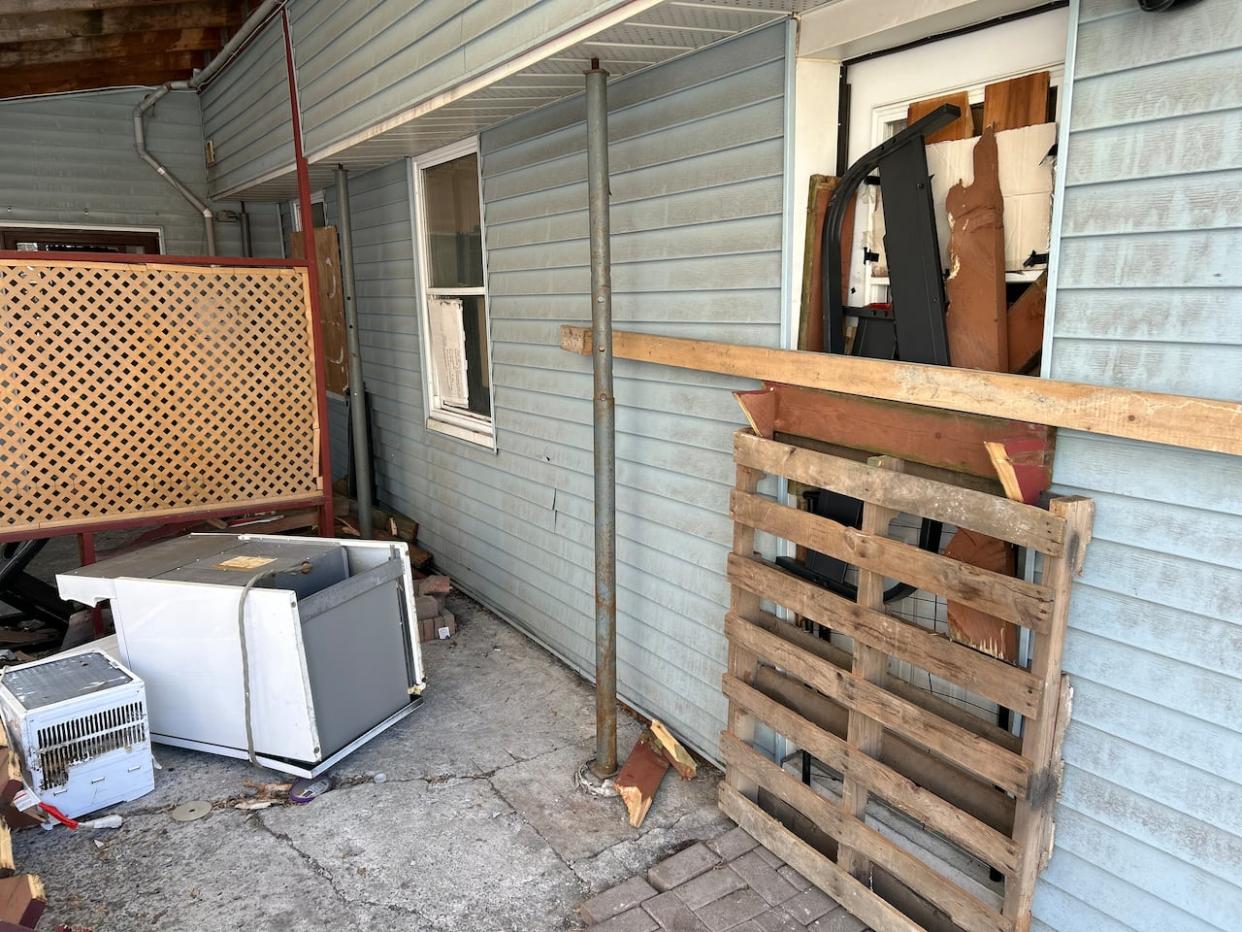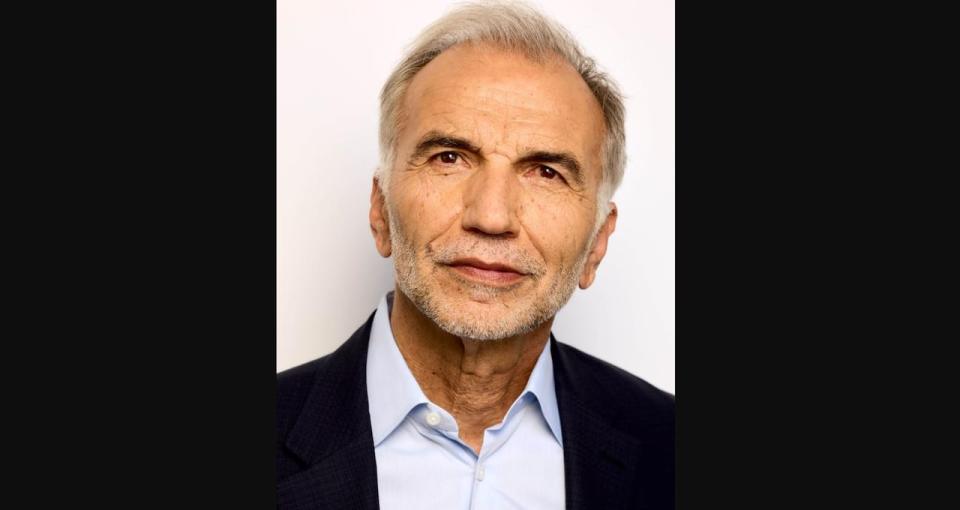City's housing first model needs revisit, says program creator

The clinical psychologist who created the "housing first" model says the City of Ottawa should revisit its program to improve how some agencies are rolling it out and increase success rates.
Sam Tsemberis made the comment during an interview with CBC following a report of Ottawa landlords who said the program had failed, and their properties were trashed.
"There is often insufficient support for some of the tenants that are being housed and there's a great variation within the agencies operating the program in the city," he said.
Tsemberis, who is CEO of the Pathways Housing First Institute, said some agencies in Ottawa are doing a good job, but others don't seem to understand the obligations of the program.
"Let's revisit this program and where is it working well and what are the agencies that are operating well... and what could the other agencies that are struggling learn from them," he added.
CBC inquired with city staff about any plans for a future review of the program but did not receive a response before deadline.
The program, which began in Ottawa in 2014, works with 11 housing agencies to give people experiencing chronic homelessness a permanent place to live, with rental supplements and support from housing workers.
The program also came under scrutiny in 2017 following another story of a landlord who said the program failed him after a supported client with a caseworker from the Canadian Mental Health Association (CMHA) destroyed his rental unit.
About a year later the city introduced a landlord damage fund as an incentive and safeguard for landlords enrolling in the program. However, the city's manager of homelessness programs and shelters told CBC the fund is discretionary and has limits.

Sam Tsemberis, the CEO of the Pathways Housing First Institute, said some agencies in Ottawa don't seem to understand the obligations of the program. (University of Ottawa)
Review conducted in 2019
A Canadian Alliance to End Homelessness review of each agency involved in the city's housing first program conducted in 2019 concluded the city-funded projects were working hard to incorporate housing first philosophy and principles into their practice, despite challenges including: accessing rental subsidies, a lack of affordable housing, and limited immediate access to needed clinical supports.
The review measured how closely each agency adhered to each aspect of the Pathways to Housing model, developed by Tsemberis, who also acted as one of the consultants on the review team.
The report identified some other problems, including a lack of 24/7 crisis response from all agencies and frustrations with referred clients being better suited to permanent supportive housing, and not a housing-based case manager.
Many programs reported they were spending much of their time "fighting fires or dealing with crises" which the report said was likely due to high caseloads.
The review team also noted that program adherence to client choice was done to a fault, meaning "there was often a hesitance to engage in some of the more difficult conversations with participants around choices they were making."
"This is one of the most misunderstood principles. Hard conversations don't eliminate participant choice," the report said.
The city implemented some recommendations from the assessment, including putting a greater emphasis on client recovery from addiction and mental health.
In January 2020, just before the pandemic, city council declared a housing and homelessness crisis and needs have grown since then.
"So our challenge is really expanding the repertoire of wrap around supports that we provide," said Kale Brown, the city's manager of homelessness programs and shelters.
Small landlords beware
Tony Miller, the former chair of the Ottawa Small Landlords Association, said he doesn't think small landlords should be the target for housing first placements because it's too risky.
"The funding for damage to the property is limited and it's clear that the support from the government and from agencies is also limited," Miller said.
He also pointed to lengthy delays at the Landlord and Tenant Board to schedule a hearing for eviction.

Christian Szpilfogel, vice president of the Ottawa Real Estate Investors Organization, said enrollment in the housing first program is a personal choice, but agreed small landlords are more exposed. (Robyn Miller/CBC Ottawa)
Christian Szpilfogel, vice president of the Ottawa Real Estate Investors Organization, said enrollment in the program is a personal choice, but agreed small landlords are more exposed.
"A large landlord has hundreds or thousands of doors, so one issue can be mitigated and amortized across the whole set of units. For small landlords, they sometimes only have one unit or two units, so when they have a problem, it's a 100 percent problem," he said.
Szpilfogel, who has a daughter with mental illness and addiction, said the decision to sign-up for housing first programs has to come from a place of social good.
"There isn't an advantage monetarily," he said.
Without landlords, Tsemberis said the housing first program would not have the successes it has had, but that Ottawa should build on its offer of guaranteed rent to include more support for the landlord.
"There also has to be someone on the support service teams that not only supports the clients, but supports the landlord and has an eye towards helping the landlord manage that property, because some of the tenants will require more supervision," Tsemberis said.
Employment and Social Development Canada does have a toolkit available for agencies to reference when building and maintaining relationships with landlords.
